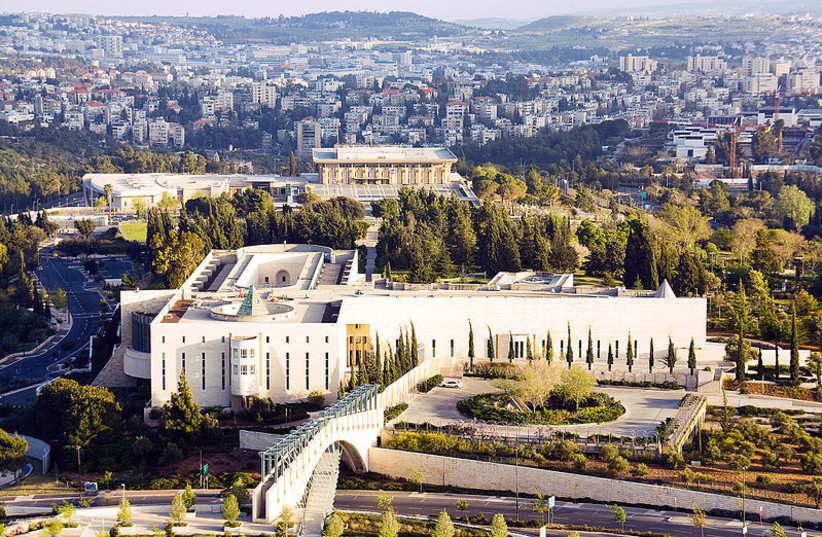The impact of a full High Court bench on Israel’s judicial reform law – analysis
The High Court of Justice made history on Monday by announcing that the petitions on the judicial reform reasonableness standard would be presided over by all 15 justices for the first time – but beyond the drama, the practical meaning of the move could be interpreted in several ways.
The Law to Cancel the Reasonableness Standard, passed on last Monday in the Knesset to restrict judicial review against ministerial administrative decisions that could be deemed far beyond the actions of a reasonable authority, is an amendment to Basic Law: The Judiciary.
The court has never before struck down an amendment to Israel’s quasi-constitutional Basic Laws, and it is debatable if it has the power to do so. High Court President Esther Hayut has expressed in past petitions that she does believe the court has the capability, but only in the most extreme cases and when all other avenues have been exhausted.
An unprecedented number of judges for a potentially unprecedented ruling
Assembling all 15 justices for the first time could indicate that the court believes the case to be extremely notable. The expanded bench could be used to create added legitimacy for a ruling that strikes down the Basic Law article.
Establishing legitimacy is important in this case, as the serious doubt over the court being able to engage in judicial review of basic laws sets the stage for a constitutional crisis — an uncertain political and legal situation in which the government branches reject the authority and orders of the other.
 Israel’s High Court of Justice (credit: ISRAELTOURISM / WIKIMEDIA COMMONS)
Israel’s High Court of Justice (credit: ISRAELTOURISM / WIKIMEDIA COMMONS)Yet the court could be seeking legitimacy for other decisions as well. While members of the court do believe that they have the power to engage in judicial review of Basic Laws, in cases of the recent past they have shown reluctance to use this ability. The court has preferred other solutions, such as interpretation of the law or using other tools — like the reasonableness standard itself.
The case is highly politically contentious; the country has seen massive protests for the last half year. A ruling other than complete nullification of the amendment could result in massive backlash and demonstrations. The court could be seeking to mollify activists and the opposition by showing them that they had seriously considered the situation, but still came to a decision that did not lay in the anti-reform camp’s favor.
The legitimacy could be channeled into the creation of new court tools or strengthening the place of old ones like probability doctrine. Reasonableness standard is a common law doctrine created through judge opinions and rulings. The court could seek to interpret the new law in such a way to maximize where the reasonableness standard does apply given the new restrictions. It could also develop a new doctrine for dealing with administrative law and arbitrary or capricious government decisions. The court could also expand or clarify other tools and how they could apply to fill the gaps in the system of checks and balances, or just enshrine them in general.
Assembling all 15 justices could also simply show that the court views the case with seriousness in light of all the unprecedented controversy, but there is no greater meaning behind the move other than that.
What can be certain about the expanded bench is that it shows what isn’t important. The reasonableness bill is not the only upcoming challenge to a basic law amendment. The court on Thursday will also hear petitions against the incapacitation law, which amended Basic Law: The Government to establish the conditions for when a prime minister would be considered medically unfit for service. The attorney-general has called for the law’s striking because it was passed to improve Prime Minister Benjamin Netanyahu‘s legal situation regarding his corruption trial conflict of interest violations.
Despite also dealing with a basic law challenge, the hearing will be heard by only three justices. It seems unlikely that the court would make the historic move of striking down a basic law amendment with only three justices, establishing the precedent a month before another basic law challenge presided over by 15 justices. The difference in approach strongly indicates that incapacitation will not be struck down.





Comments are closed.